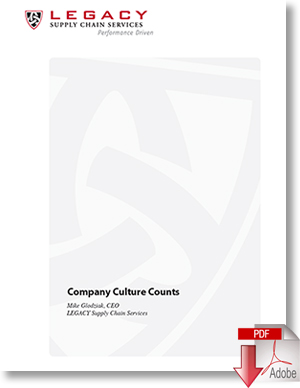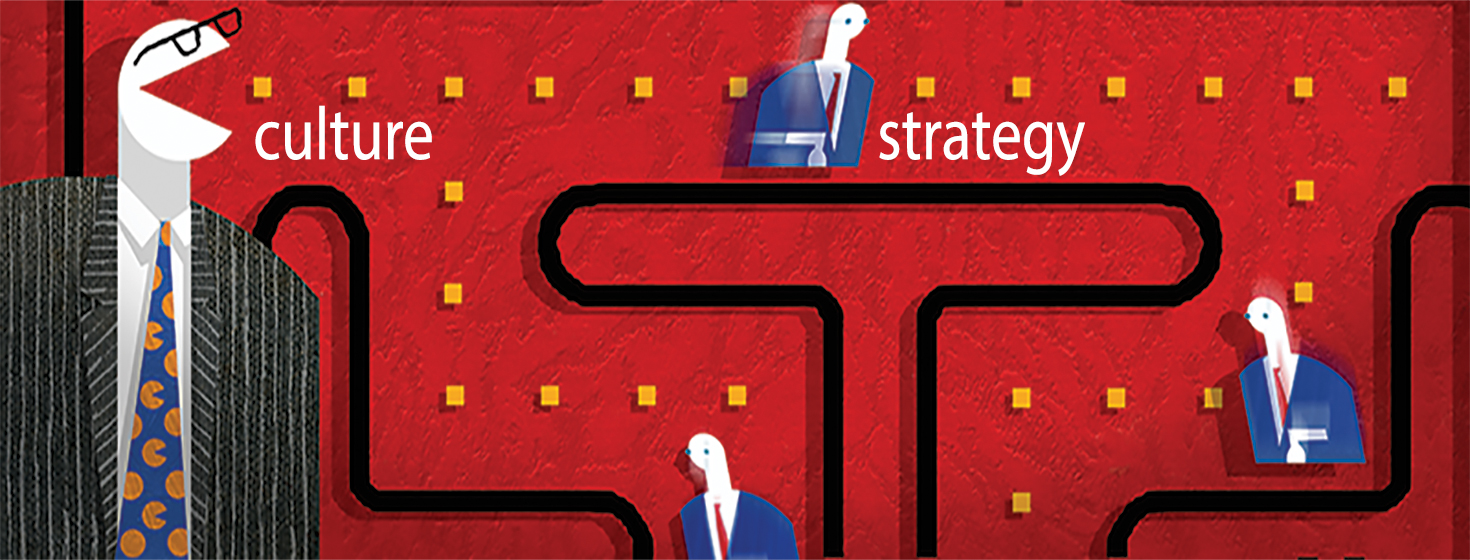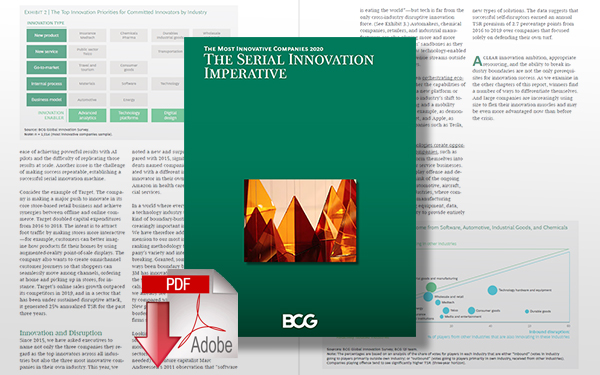Three Steps to Creating a Company Culture of Knowledge Management and Innovation

Building on the three aspects of corporate culture; collaboration, trust, and learning, companies can attempt to continuously innovate and create new and valuable services or products through applying new ideas and knowledge.
Corporate Cultural Changes
Success in today’s global business environment can be more effective when executives can manifest themselves as change agents who reshape, and in some cases, manipulate corporate culture to better apply knowledge and create a competitive advantage.
Building on the three aspects of corporate culture (collaboration, trust, and learning), companies can attempt to continuously innovate and create new and valuable services or products by applying new ideas and knowledge.
This article is also set in place to inspire consultants to create effective cultural changes in order to meet and exceed the challenges of not only today but also what we see as an onset of new advances in the future.
The practices mentioned in this article can represent a complete answer to the need for cultural changes in today’s global market environment.
What is Corporate Culture?
One scholar that is well known in the Academy of Management, one of the largest leadership and management organizations in the world by the name of Edgar Schein describes organizational culture as;
“a pattern of shared basic assumptions that the group learned as it solved its problems of external adaptation and internal integration that has worked well enough to be considered valid and, therefore, to be taught to new members as the correct way to perceive, think, and feel in relation to those problems.”
In fact, corporate culture is reflected in shared assumptions, symbols, beliefs, values, and norms that specify how employees understand problems and appropriately react to them.
Executives can build an effective corporate culture to improve customer satisfaction through acquiring additional knowledge from customers, developing better relationships with them, and providing a higher quality of service for them.
There is a global need to cultivate a strong corporate culture to accomplish sustainable competitiveness in global markets.
This strong corporate culture includes three aspects of collaboration, trust, and learning.
These three cultural aspects play a critical role in improving innovation and enhancing the effectiveness of organizational knowledge management.
For example, collaboration provides a shared understanding of the current issues and problems among employees, which helps to generate new ideas within organizations.
Trust towards their leader’s decisions is also a necessary precursor to creating new knowledge.
Moreover, the amount of time spent learning is positively related to the amount of knowledge gained, shared, and implemented.
Executives can facilitate collaboration by developing relationships in organizations. An executive can contribute to the cultural aspect of trust, through considering both employee’s individual interests and the company’s essential needs.
Also, executives can identify the individual needs of employees and develop a learning culture to generate new knowledge and share it with others. The next sections particularly present a set of actions that can be taken by executives to build an effective corporate culture within corporations.
1. Building a True Collaboration Culture
To build a collaboration culture, executives need to improve the degree to which employees actively support and provide significant contributions to each other in their work. In doing this, they can develop a collaborative work climate in which:
- Employees are satisfied by the degree of collaboration between departments
- Employees are supportive
- Employees are helpful
- There is a willingness to accept responsibility for failure
2. Creating a No-Fail Trust Culture
To create a trust culture, executives need to maintain the volume of reciprocal faith in terms of behaviors and intentions. In doing this, they can build an atmosphere of trust and openness in which:
- Employees are generally trustworthy
- Employees have reciprocal faith in other members’ intentions and behaviors
- Employees have reciprocal faith in others’ ability
- Employees have reciprocal faith in others’ behaviors to work toward organizational goals
- Employees have reciprocal faith in others’ decision towards organizational interests than individual interests
- Employees have relationships based on reciprocal faith
3. Cultivating a Successful Learning Culture
To foster a learning culture, executives need to enhance the extent to which learning is motivated within the workplace.
In doing this, they can contribute to the development of a learning workplace in which:
- Various formal training programs are provided to improve the performance of duties
- Opportunities are provided for informal individual development other than formal training such as work assignments and job rotation
- There is an encouragement to attend external seminars, symposia, etc.
- Various social mechanisms such as clubs and community gatherings are provided
- Employees are satisfied by the contents of job training or self-development programs
In Conclusion
This article introduces a new and dynamic perspective of organizational culture and points out the vital importance of corporate culture in reshaping a firm’s knowledge management.
This article suggests that corporate culture constitutes the foundation of a supportive workplace to improve knowledge management performance.
Standing on the shoulders of scholars before us, I indicate that corporate culture is a major internal resource for business success. Without a grasp on this tenet, executives are bound to fail.
About the Author
Mostafa Sayyadi, CAHRI, AFAIM, CPMgr, works with senior business leaders to effectively develop innovation in companies and helps companies - from start-ups to the Fortune 100 - succeed by improving the effectiveness of their leaders.
Related Article: How to Deal With Company Culture “Eating” Your Supply Chain Strategy
Related White Papers
Company Culture Counts
This white paper details how to achieve higher supply chain performance through a values-based culture model. Download Now!
Innovative Companies 2020: The Serial Innovation Imperative
In this paper, Boston Consulting Group details how facing turbulent and fast-changing markets, innovators need a well-tuned innovation system that can spot emerging product, service, and business model opportunities - and then rapidly develop and successfully scale them - over and over again. Download Now!
More Resources on Leadership
Article Topics
LEGACY Supply Chain Services News & Resources
Outsourcing eCommerce Fulfillment to a 3PL Rapidly Improve the Performance of Your Warehouse Logistics 20 Warehouse & Distribution Center Best Practices for Your Supply Chain Warehouse Contingency Planning Template 7 Last Mile Logistics Delivery & Ecommerce Trends You Don’t Want to Overlook Increase Inventory Visibility across Your Supply Chain and Optimize Omni-Channel Fulfillment Omni-Channel Logistics Leaders: Top 5 Inventory Insights More LEGACY Supply Chain ServicesLatest in Business
Apple Accused of Multiple Human Rights Violations South Korea Finally Overtakes China in Goods Exported to U.S. UPS Struggles in First Quarter With Steep Earnings Decline North Carolina Welcomes Amazon’s Newest Mega-Warehouse How Supply Chains Are Solving Severe Workplace Shortages SAP Unveils New AI-Driven Supply Chain Innovations FedEx Announces Plans to Shut Down Four Facilities More Business

















